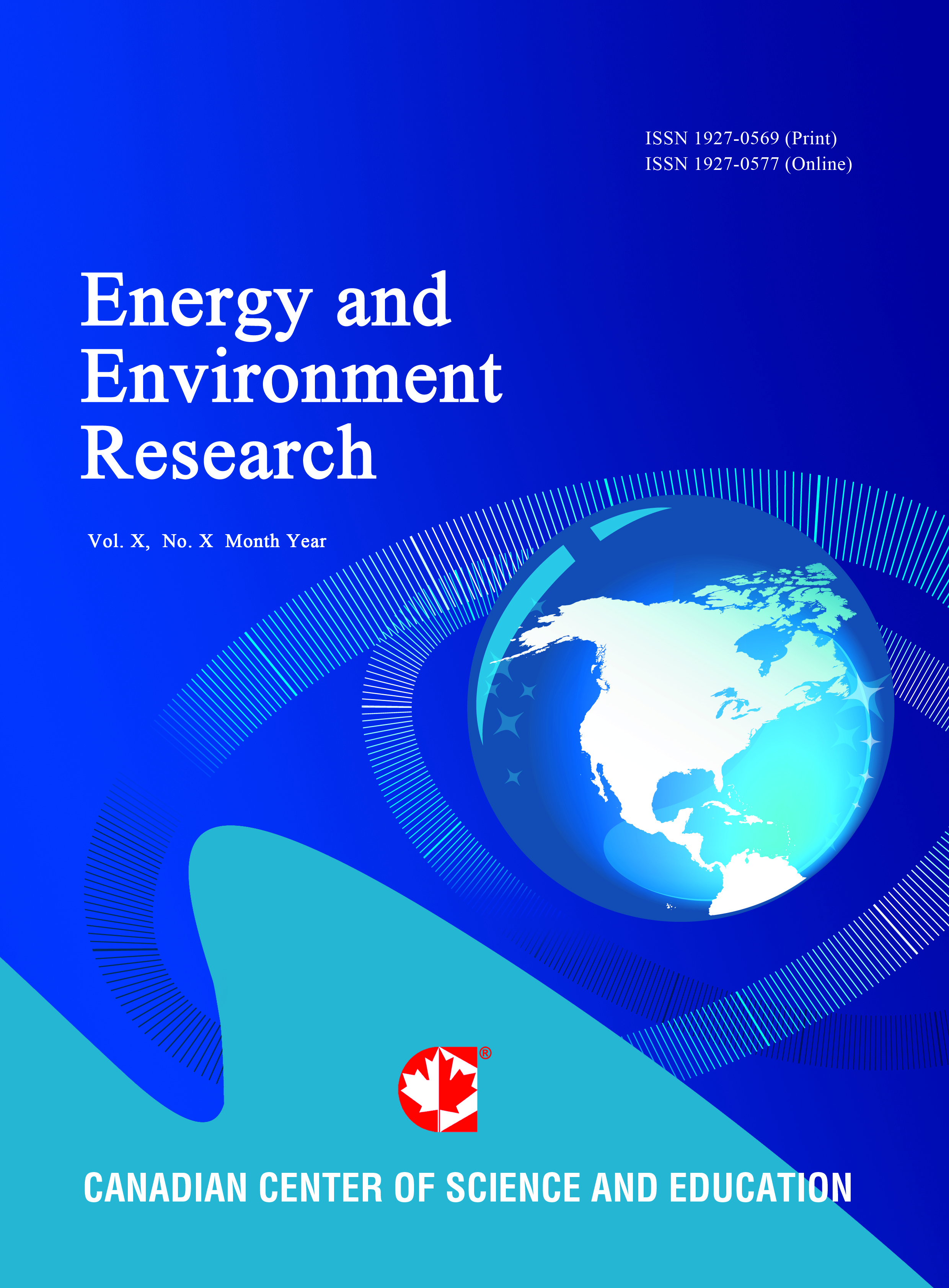Analyzing and Predicting the Economic Growth, Energy Consumption and CO2 Emissions in Shanghai
- Guangyong Yang
- Hengshan Wang
- Jiping Zhou
- Xinhui Liu
Abstract
Based on the data from 1978-2010, this paper analyzes the causal relationships between carbon emissions, energy consumption, and economic growth in Shanghai, adopting the co-integration and vector error correction methods. The Grey prediction model is applied to forecast three variables for the period between 2011 and 2020. As the empirical results showed, in the long-run equilibrium, there is a positive relationship of a long-term equilibrium between carbon emission and energy consumption in Shanghai. However, between carbon emission and real GDP, there is a negative correlation. Besides, in the short-run equilibrium, energy consumption is the important impact on carbon emission. The causality results show that there is a bidirectional causality relationship between carbon emission, real GDP and energy consumption. For the purposes of reducing carbon emissions and not adversely affecting economic growth, Shanghai should optimize the structure of energy consumption and develop new energy. In addition, the optimal forecasting models of real GDP, energy consumption and carbon emissions have good prediction precision with MAPEs of less than 3%.- Full Text:
 PDF
PDF
- DOI:10.5539/eer.v2n2p83
Journal Metrics
(The data was calculated based on Google Scholar Citations)
h-index (July 2022): 19
i10-index (July 2022): 53
h5-index (July 2022): N/A
h5-median(July 2022): N/A
Index
- BASE (Bielefeld Academic Search Engine)
- CiteFactor
- CNKI Scholar
- Elektronische Zeitschriftenbibliothek (EZB)
- Excellence in Research for Australia (ERA)
- Genamics JournalSeek
- Google Scholar
- NewJour
- Norwegian Centre for Research Data (NSD)
- PKP Open Archives Harvester
- Publons
- ROAD
- SHERPA/RoMEO
- Standard Periodical Directory
- Ulrich's
- Universe Digital Library
- WorldCat
Contact
- Lesley LuoEditorial Assistant
- eer@ccsenet.org
